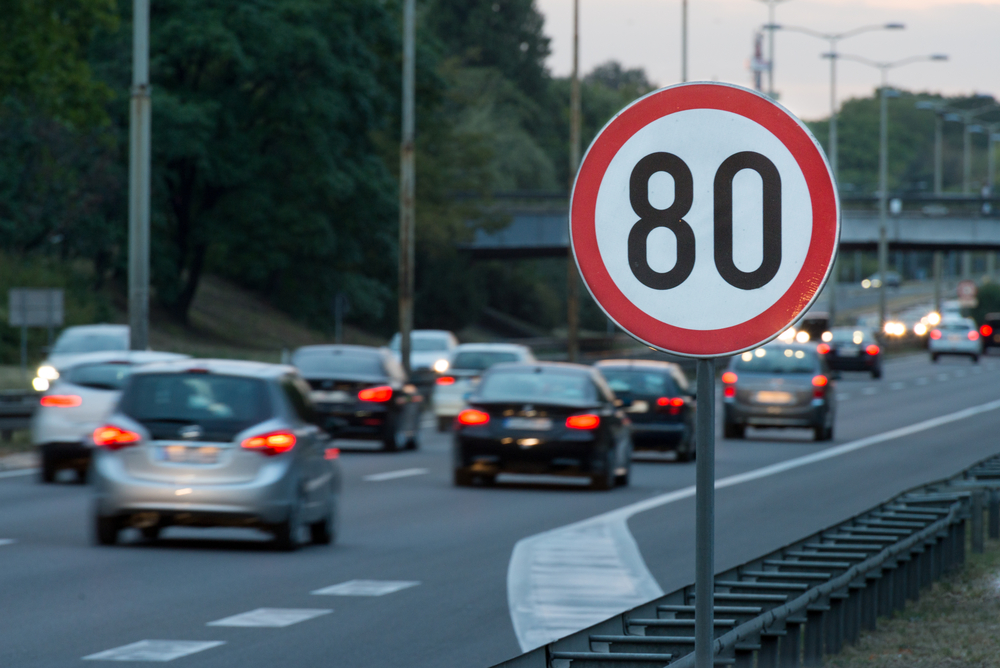Understanding North Carolina’s Speeding Laws: What Every Driver Needs to Know
 Blowing past the limit on I-40 may feel harmless, but a single radar reading can trigger license points, costly premiums, and—even at modest speeds—a criminal record. Under the absolute speed rule in North Carolina and other speeding laws, exceeding the posted limit by even 1 mph is a citable offense, and law enforcement across Guilford and Davidson Counties writes tens of thousands of tickets every year.
Blowing past the limit on I-40 may feel harmless, but a single radar reading can trigger license points, costly premiums, and—even at modest speeds—a criminal record. Under the absolute speed rule in North Carolina and other speeding laws, exceeding the posted limit by even 1 mph is a citable offense, and law enforcement across Guilford and Davidson Counties writes tens of thousands of tickets every year.
A quick call to the seasoned Guilford county traffic lawyer at the Law Office of Tony Huynh, often starts with the same question: How bad can one ticket be? The answer depends on how fast, where, and how often.
The “15-Over” Threshold
North Carolina’s harshest civil penalties begin when a driver is clocked 15 mph over a posted limit above 55 mph—or any speed above 80 mph. Either situation forces the Division of Motor Vehicles to suspend a license for 30 days even if the fine is paid on time. Repeat the offense within one year and the suspension jumps to 60 days.
Driver-License Points vs. Insurance Points
The DMV assigns three points for ordinary speeding above 55 mph and four points in a work zone. Twelve points in any 36-month window equals a suspension. Insurers add their own “Safe Driver Incentive Plan” surcharges. Just two insurance points—for speeding more than 10 mph over 55 mph—raise premiums about 55 percent for three years.
Criminal Speeding and Reckless Driving
Excessive speed can shift from an infraction to a Class 2 misdemeanor when paired with reckless driving, racing, or trying to elude police. A conviction carries up to 60 days in jail, four insurance points, and the real possibility of a permanent criminal record. Judges in Greensboro frequently consider clean histories, speed relative to traffic, and road conditions when deciding whether the charge should be reduced—another reason to have a Guilford traffic attorney present your side.
Work-Zone and School-Zone Speeding Laws
New in October 2025, the Highway Safety Act authorizes automated cameras in work zones and sets a $250 civil penalty for any detected violation—no DMV or insurance points but a fine that arrives by mail. Traditional patrol stops in those zones still bring doubled fines and the usual points. School-zone speeding remains a $250 offense, with insurance surcharges added on top. For a High Point speeding ticket in either zone, requesting a calibration check or speed-measuring-instrument certification can be pivotal.
Don’t Let a Speeding Ticket Cost You More-Contact Tony Huynh Law
Every mile per hour matters, and every ticket carries hidden costs. If you value your license and insurance budget, let the Law Office of Tony Huynh, PLLC review your citation, explain your defenses, and, when possible, keep the offense off your record—contact us today at (336) 355-7023 or through our secure form for rapid assistance.
